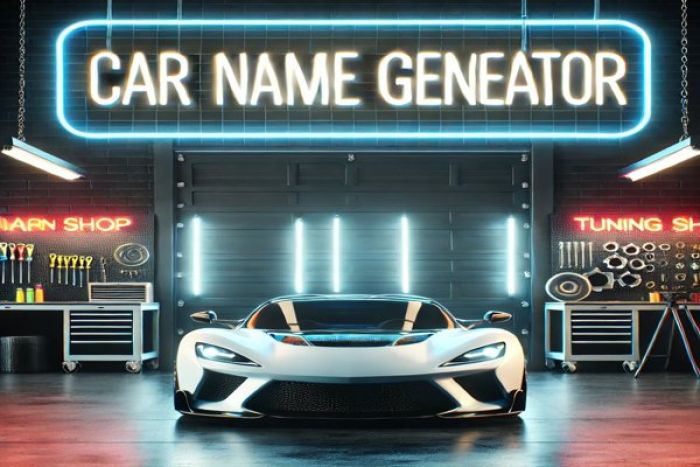Ford vehicles have been always equipped with notorious engines. Some of them were successful while some only were famous for their problems. But when we are talking about big-displacement engines offered by Ford, we know for sure that the technologies are extremely reliable.
Key features and my opinion about the engine
- Production years:1997-2019
- Average lifespan of V10 Triton:350,000-500,000 miles
- Fuel supply type:port injection
- Power range:288-362 hp
- Fuel efficiency:awful
- Engine block material:cast-iron
- Engine reliability score:high
- The most common problems:exhaust issues, spark plugs dying too soon, enormous fuel consumption.
.jpg)
What's the 6.8-liter engine's preferred fuel type?
Although you may think that this is a diesel engine because it was mainly used in heavy-duty trucks and vans, it's a gas engine. The only V10 engine in Ford's lineup consumes exclusively gasoline and will just break down if you try to feed it with diesel fuel. Never do this because you will end up paying a lot of money to the dealer or other authorized shop for repair.
Even though this engine is a gas unit, it acts and goes just like the diesel engine. It offers a lot of torque and not so much power, it can tow a lot of weight, and it also offers early-available torque for drivers. It means you can feel all the performance of this engine once you touch the acceleration pedal in your vehicle.
Does the V10 Ford engine take a lot of gasoline?
So, now you know that this is a gas engine and you should never pour diesel fuel into its tank. But how much gas will you need to drive your truck or van? By the way, this engine was also installed in the Excursion between 2000 and 2005, but it's mostly known for powering such vehicles as Ford F-250, F-350, F-450, F-550, and also vans Ford E250, E350, and E450. Also, it was used in the F53 motorhomes and in some city buses.
You may see that these vehicles aren't praised for their economic fuel consumption. Sometimes, the gas mileage of V10 engines is so bad that you should just avoid looking at any stats after driving your super-duty vehicle.
You should expect a truck or a van powered by the Ford V10 6.8L Triton engine to go from 7 to 9 miles per gallon of gas. It's extremely bad actually, and this is one of the main disadvantages of the unit.
Why are V10 engines so popular?
And still, these engines have a lot of wonderful advantages that make them popular even now, in the era of small turbocharged engines with great performance. Yes, you should just close your eyes when it comes to fuel consumption, but regarding all other important features, the V10 6.8-liter engine is not bad at all.
Here are some of the most important advantages:
- It can go 300,000 miles with no major damage or problems.
- An overhaul is possible and another 150,000 miles are available after that.
- The engine has a peak torque of up to 460 lb-ft which is immense.
- The power of 362 hp is unachievable for nearly any diesel competitor.
- The construction of the engine is so simple that you can repair it in your garage.
- The engine is not known for any costly issues that will get on your nerves.
Now, the Ford V10 engine is mostly used in trucks and also in project cars, RVs, etc. People use it as a very reliable base for their projects if they don't care much about gas mileage. All other features seem to be really good.
So, what are the common problems?
Ford V10 6.8L Triton engine still has some problems which we've already discussed in our other articles. You may read more about the engine there, but still, we want to give a quick overview of possible issues.
Here they are:
- Spark plugs may fire out of the spark plug wells. This is a huge issue and a lot of early-made engines are prone to this problem. Also, the issue is expensive to handle because you will need to restore the thread in the engine head which is complicated.
- Gas mileage goes down at times. You may notice that your vehicle powered by the Triton engine asks you to go to the pump once you departed from one. It's annoying, so you should look for certain issues that may affect MPG.
- Oil consumption is a normal thing. This engine may consume up to 1 liter of oil per 1000 miles and it's thought to be an average consumption. So, you will need to top up some oil now and then, otherwise, the engine will just get broken one day.
About the authors
The CarAraC research team is composed of seasoned auto mechanics and automotive industry professionals, including individuals with advanced degrees and certifications in their field. Our team members boast prestigious credentials, reflecting their extensive knowledge and skills. These qualifications include: IMI: Institute of the Motor Industry, ASE-Certified Master Automobile Technicians; Coventry University, Graduate of MA in Automotive Journalism; Politecnico di Torino, Italy, MS Automotive Engineering; Ss. Cyril and Methodius University in Skopje, Mechanical University in Skopje; TOC Automotive College; DHA Suffa University, Department of Mechanical Engineering






Add comment